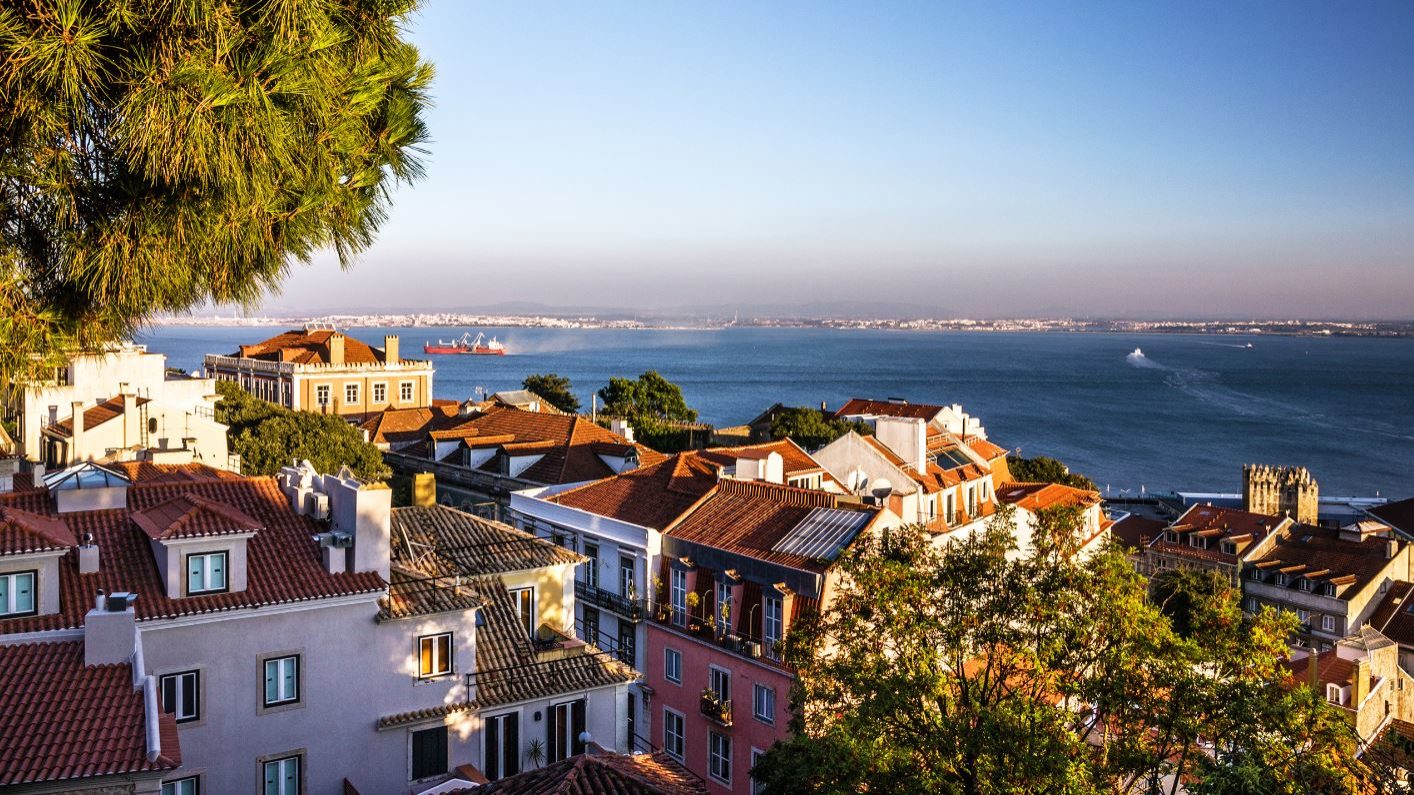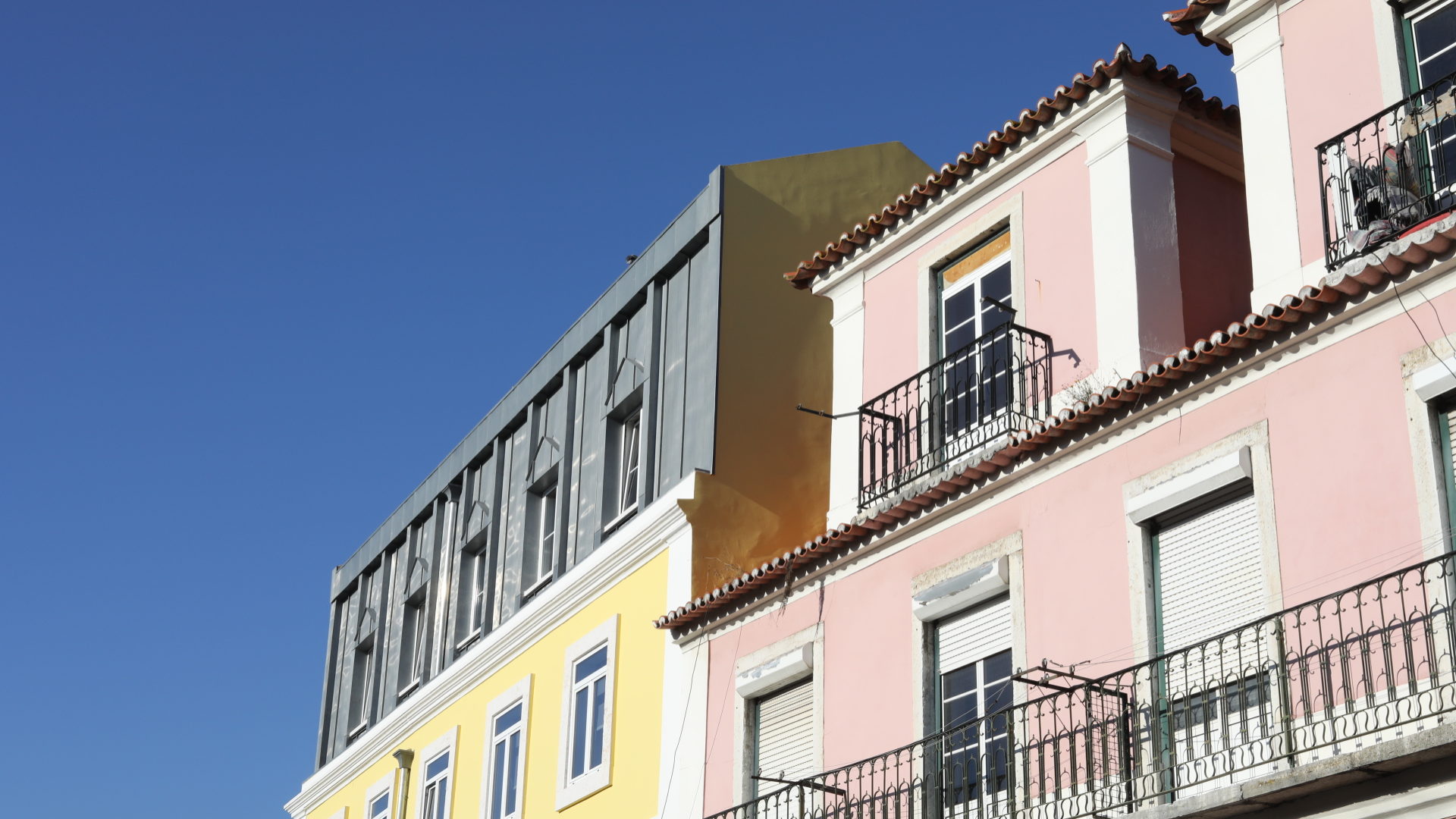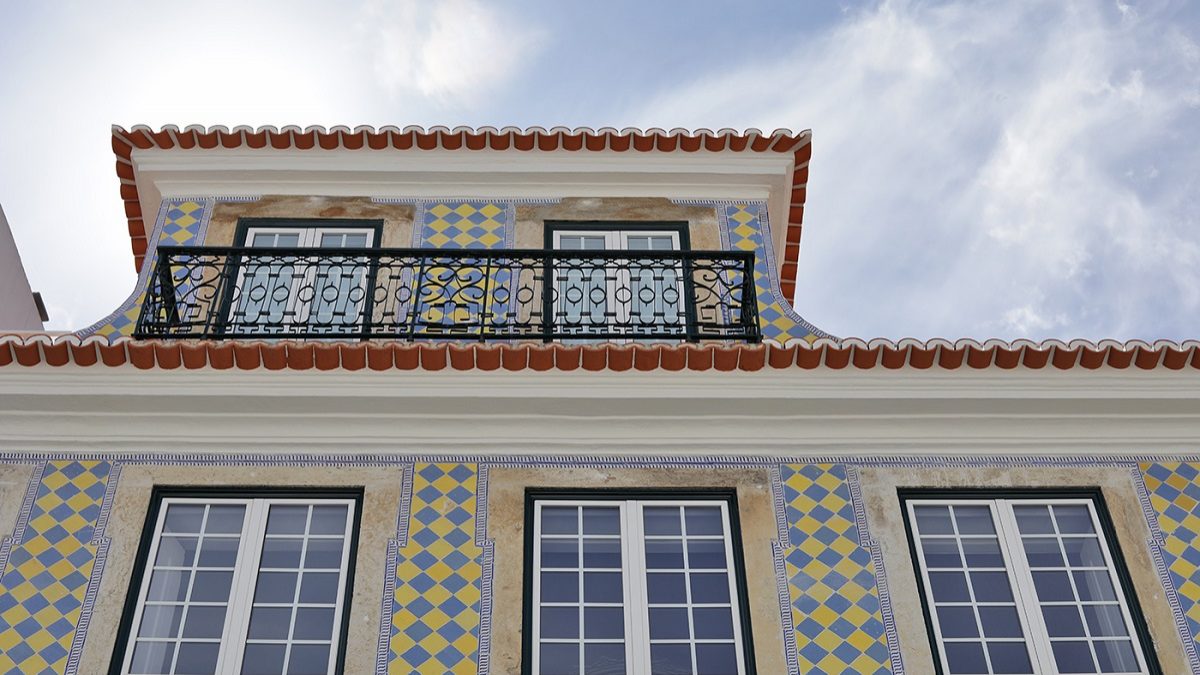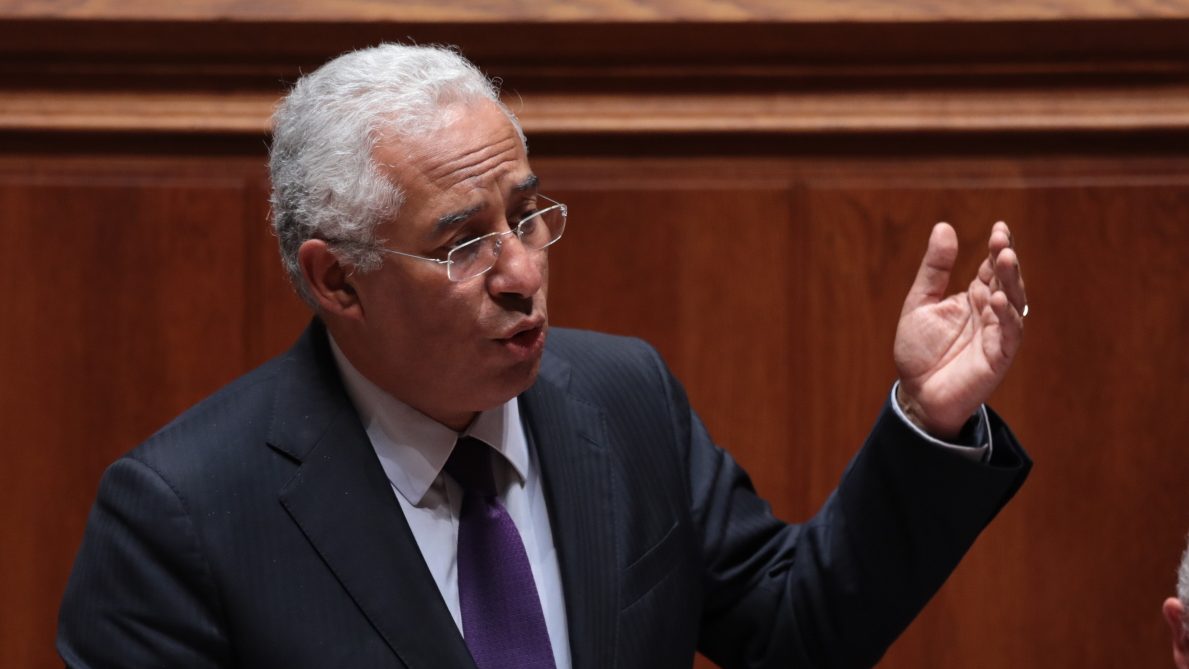2017 could be the best year for the Portuguese real estate market since 2010
Large demand from foreign investors, race towards short renting, low remuneration of banking deposits and the fact that most businesses are paid in cash: these are some explanations for this boom.
This could be the best year for the Portuguese real estate market since 2010. The sale of real estate increased 30% in the first six months of 2017; if it maintains this rhythm, this year will register a new milestone.
The final data are still to be revealed this week by APEMIP (Portuguese Real Estate Professionals and Brokers Association – Associação dos Profissionais e Empresas de Mediação Imobiliária de Portugal), but the Portuguese newspaper Diário de Notícias discloses, this Monday, that the boom can be explained by a larger demand from foreign investors, also with golden visas; by the race towards short renting; by the low remuneration of banking deposits (since interests are historically low) and by the fact that most businesses are paid in cash.
“Real estate is a sector that conveys a sense of security. The purchase of a house with equity capital is a phenomenon that we have seen about one year ago, and it is one that I believe will continue growing, along the largest number of houses sold”, states Luís Lima, APEMIP’s CEO.
"Real estate is a sector that conveys a sense of security. The purchase of a house with equity capital is a phenomenon that we have seen about one year ago, and it is one that I believe will continue growing, along the largest number of houses sold.”
Many Portuguese citizens believe that purchasing a house is a good option for applying their savings, more so because low interests have turned deposits into an unattractive safekeeping choice. In the first semester of 2017, 32.8 million euros were deposited in banks — 3.7 million euros less than in 2016. Yet, the boom in real estate is also translated in an increase of housing credit.




